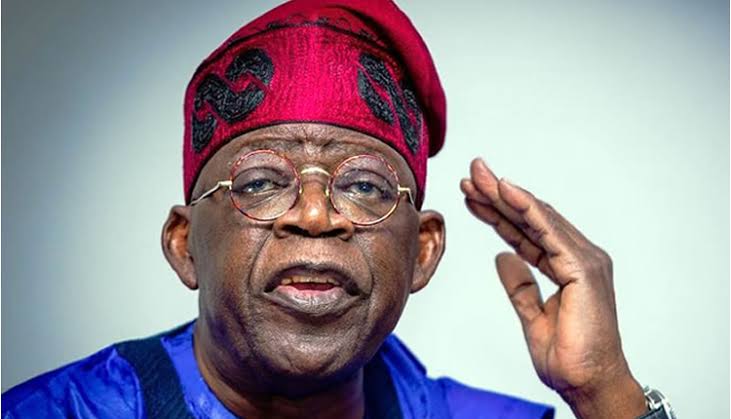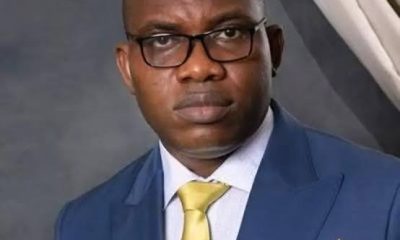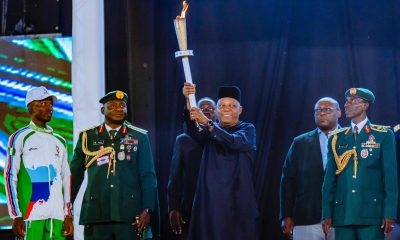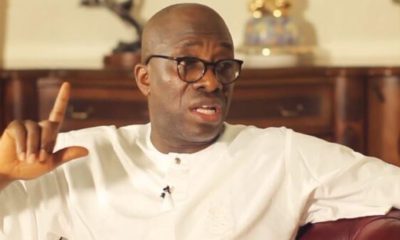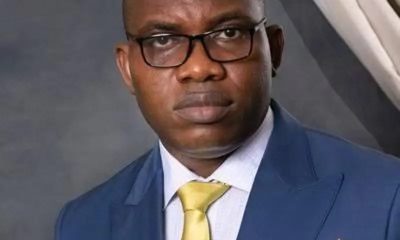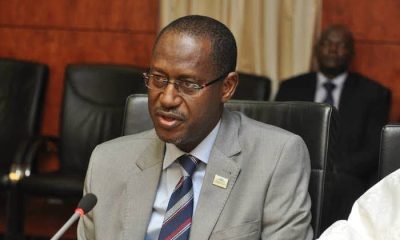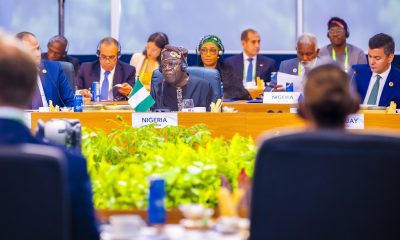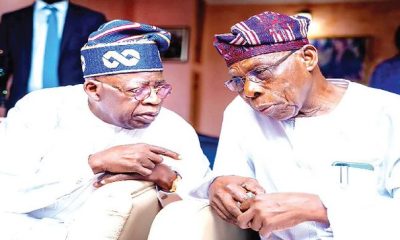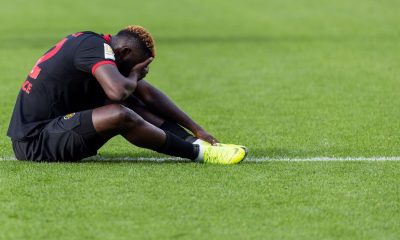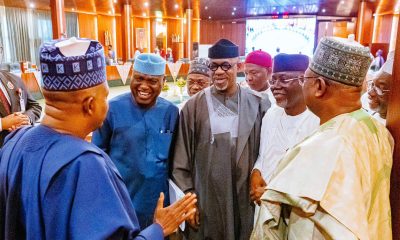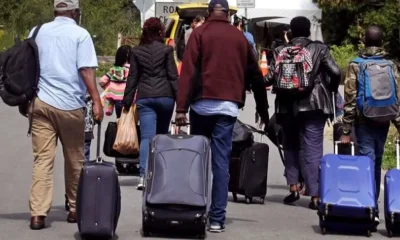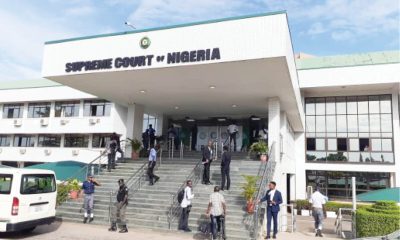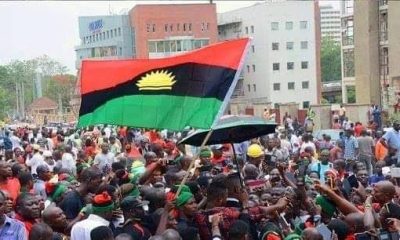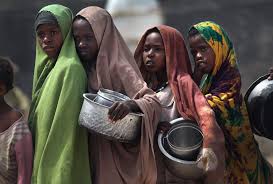President Bola Tinubu says the nation’s economy is on a gradual but steady path of recovery and assures citizens that his administration will do more to meet their needs.
In a meeting with traditional rulers led by the Sultan of Sokoto, His Eminence, Muhammad Sa’ad Abubakar III, and the Ooni of Ife, His Imperial Majesty, Oba Adeyeye Enitan Ogunwusi, at the State House on Thursday, the President said the plight of citizens remains a deep concern, and will receive more attention.
“Yes, it is true that I asked for this job, and I approached some of you to support me. So, I have no excuse not to do the job with sincerity of purpose and honesty. I have committed myself to it diligently, and I will never look backwards.
“I have accepted the assets and the liabilities of my predecessor. How I will take Nigeria forward should be my concern, and that is my concern.
“I have been extremely busy. The only exercise I have had here is the walk from the residence to this place and then continue with the work.
“Nigeria is hilly, and it is the largest democracy in Africa. No other democracy comes close to us in terms of population on the continent. We cannot blame God for giving us these children, and we have to seek peace and better livelihoods,’’ the president said.
President Tinubu stated that the interventions to bring the government nearer to the people are already yielding results, with the activation of the student loan programme, the consumer credit scheme, and the affirmation of fiscal autonomy for local government councils.
He said the Ministry of Finance will continue to ensure that funds go to the grassroots for human and infrastructural development.
“Today, the Bank of Agriculture is empty. We have to reactivate it. If they are not talking about flooding, they are talking of banditry. We have to start all over again. Yes, infrastructural decay is there.
“The Lagos-Calabar coastal road is not being done without studies. It is an economic energizer. From it, we can create infrastructure along the route to develop wind energy and generate power, and we can expand our irrigation network.
“The economic viability of infrastructure has to be studied before we embark on projects. How many dams are there on the corridors of Sokoto- Badagry? From there, we can energize electricity. We can do irrigation and additional farms.
“Even if it is two million hectares of arable land, you can create opportunities for farmers on a small scale. Then you have to find capital for them.
“Nigeria is on the path of recovery. You have heard it from the Minister of Finance, Mr. Wale Edun. We are not afraid of protests. Our concern is the ordinary people and the damages that will be done. Till today, I cannot forget the brand new 60- and 100-seater buses, down there in Lagos that were burnt down, and we are now complaining about transportation. That is the problem. That is why I must say thank you for talking to the citizens,’’ the President told the traditional rulers. The President also said security was getting more attention and will be enhanced.
“Security is getting better, but we cannot take our eyes off the camera because it takes one accident for things to flare up. We are managing it.
“We have created instruments to support the students so that they get education, consumer credit to expand the economy, to improve the purchasing power of the people in order to rejuvenate the economy within a short period of time. We are still recalibrating our oil usage,’’ the President stated.
President Tinubu said he will continue to explain the economic reforms and projected benefits to the nation, adding that he remains open to dialogue for the development of the country.
President Tinubu urged the royal fathers to reach out to citizens on the genuine intentions of the government to deliver on its promises of Renewed Hope.
“Now, we are sending money to the local governments. I addressed the governors today on that issue. I have been distributing fertiliser, rice, and other items to support the recovery of citizens. I assure you, Nigerians, we are looking at the light at the end of the tunnel. I can assure you, this economy will be revived, will survive, and prosper,’’ the president emphasised.
In his remarks, the Sultan of Sokoto said: “I believe that this brief meeting will clear some issues that many people have in their minds. At our meeting on Monday, we had a very open discussion on all issues affecting the nation. We are the ones who will tell you the truth about what is happening in our various communities.’’
The royal father said an executive council meeting was held on Monday, and the council, composed of all state chairmen of the 36 states and the FCT, met to deliberate on the economy.
The Ooni of Ife thanked the President for inviting the National Security Adviser, Mallam Nuhu Ribadu; the Minister of Finance and Coordinating Minister of the Economy, Mr. Wale Edun, the Minister of Budget and Economic Planning, Mr. Abubakar Atiku Bagudu, and the GCEO of NNPCL, Mele Kyari, to brief the traditional rulers on the state of the economy.
“We heard from the GCEO of NNPCL. They are the ones that propel our economy. We have heard from the Minister of Finance. We also heard from the Minister of Budget and the NSA. We want to encourage you, Mr. President, that we will all get back to our various communities and let our people know because none of us locks our palaces,’’ the monarch added.
